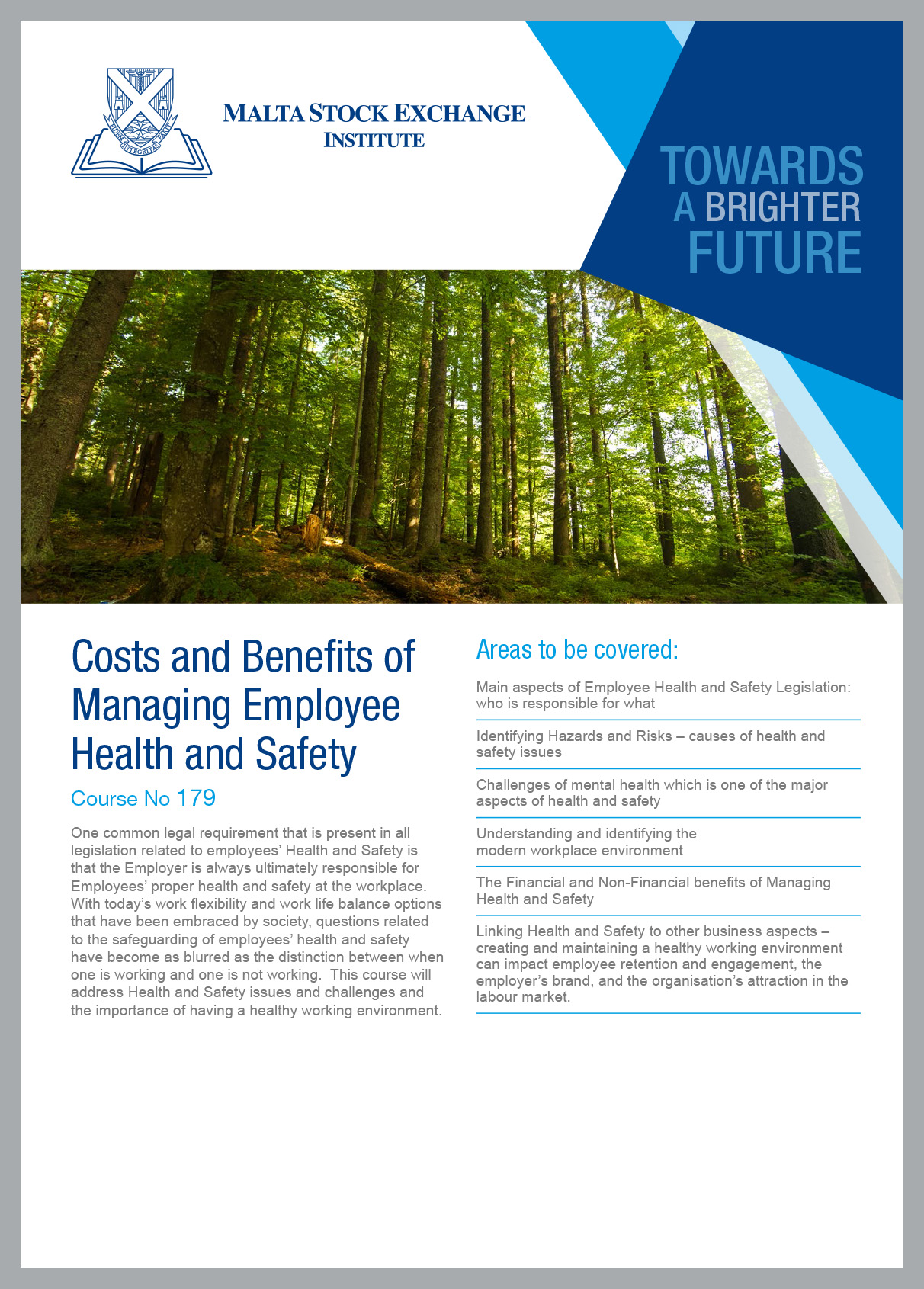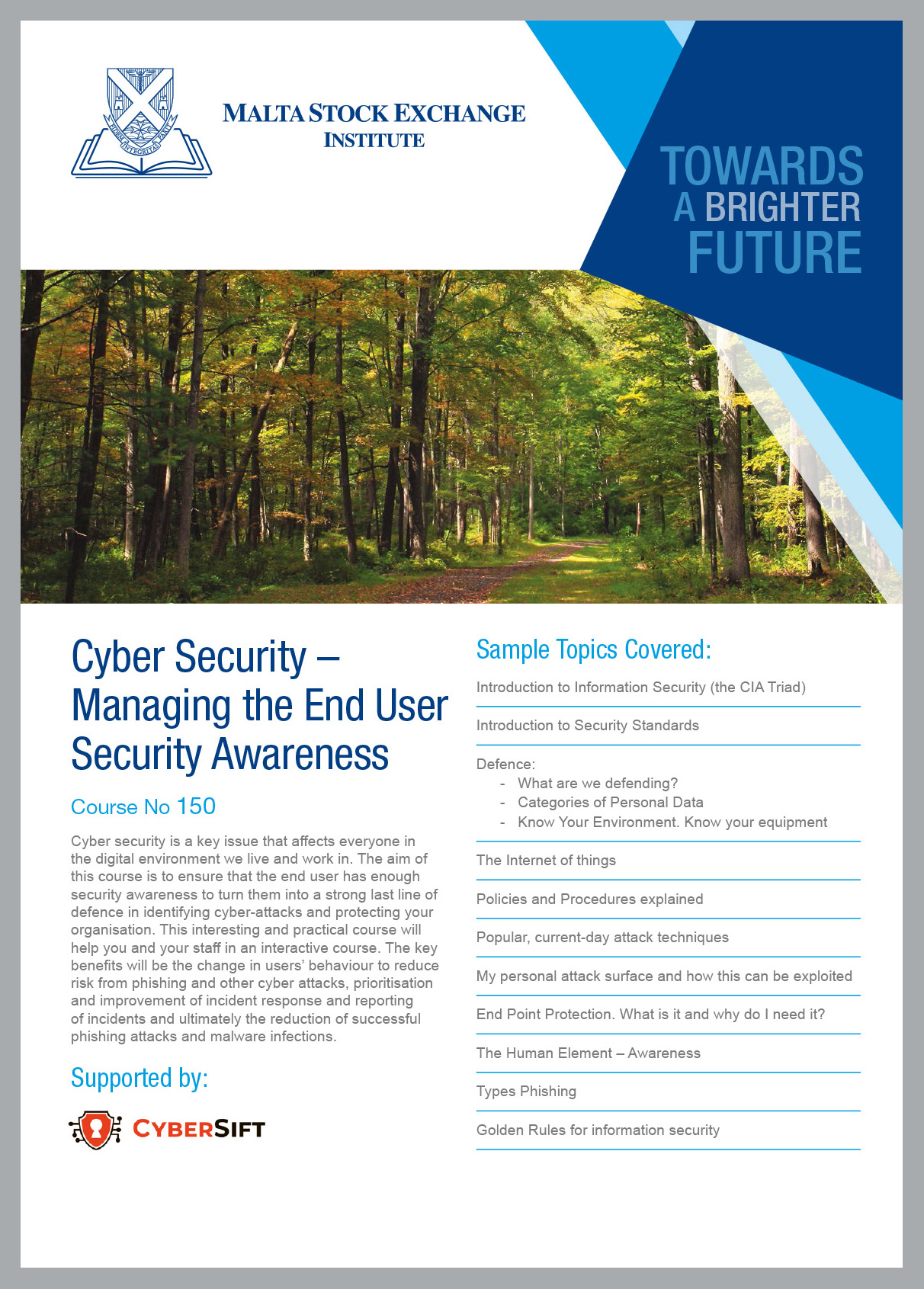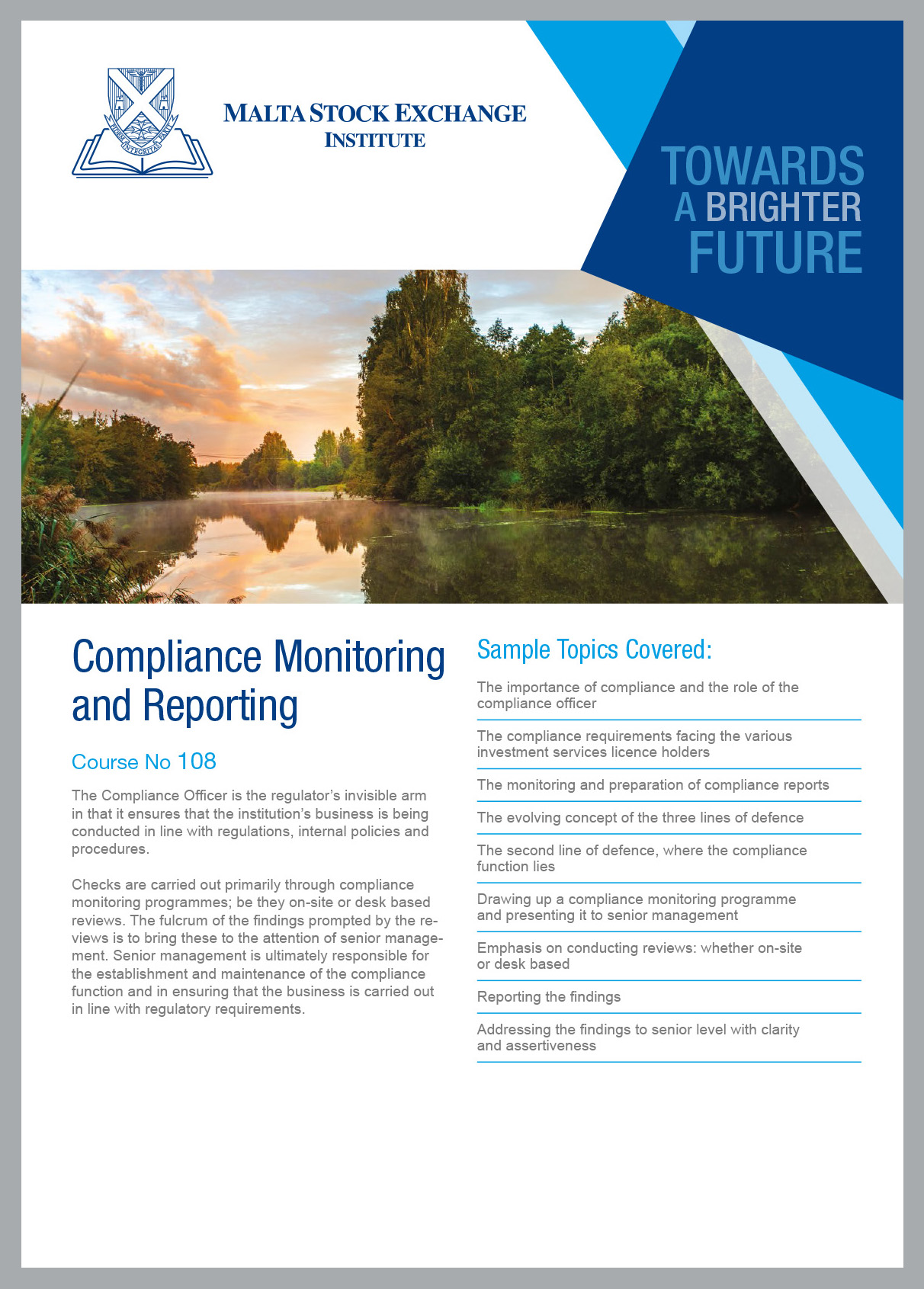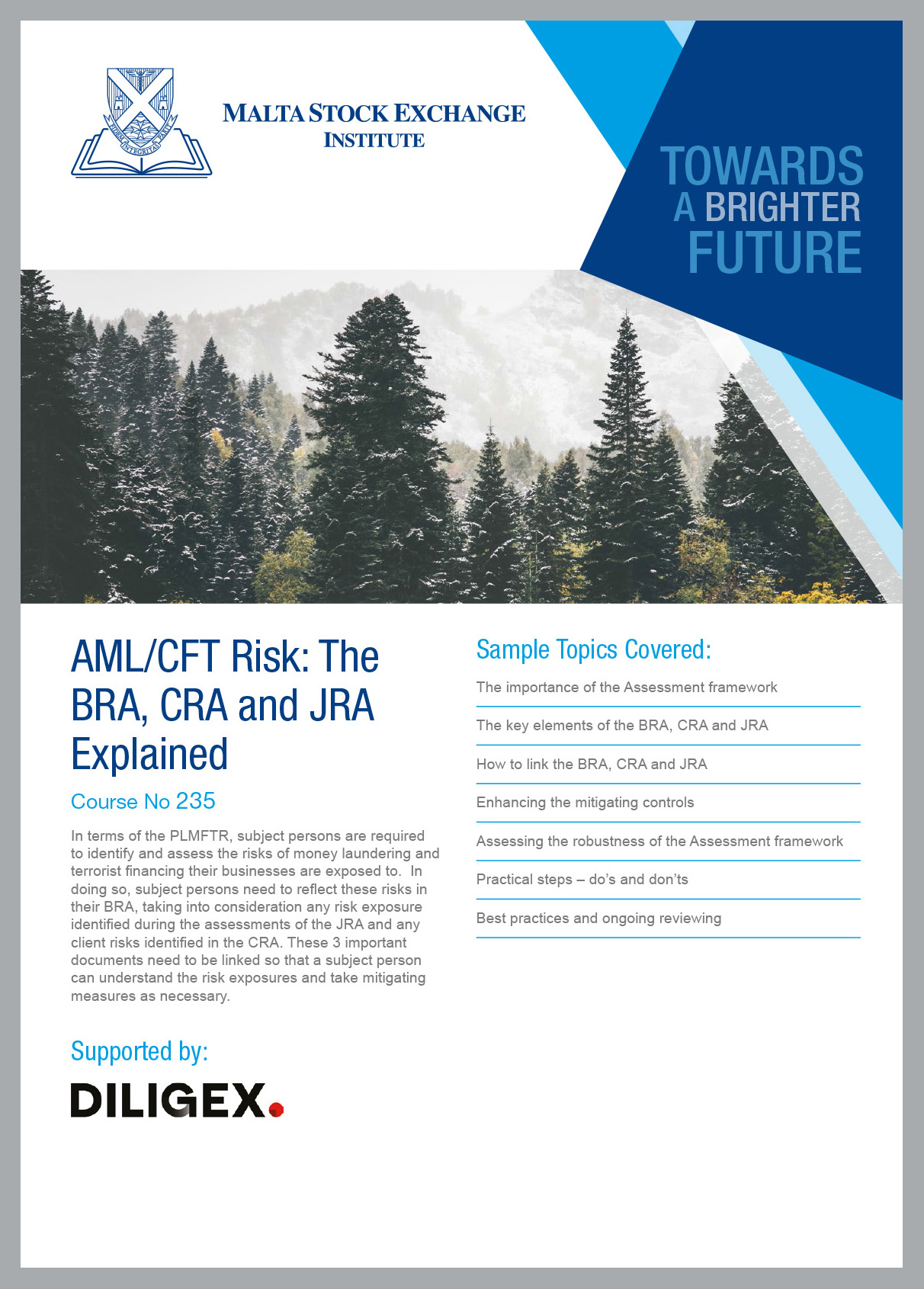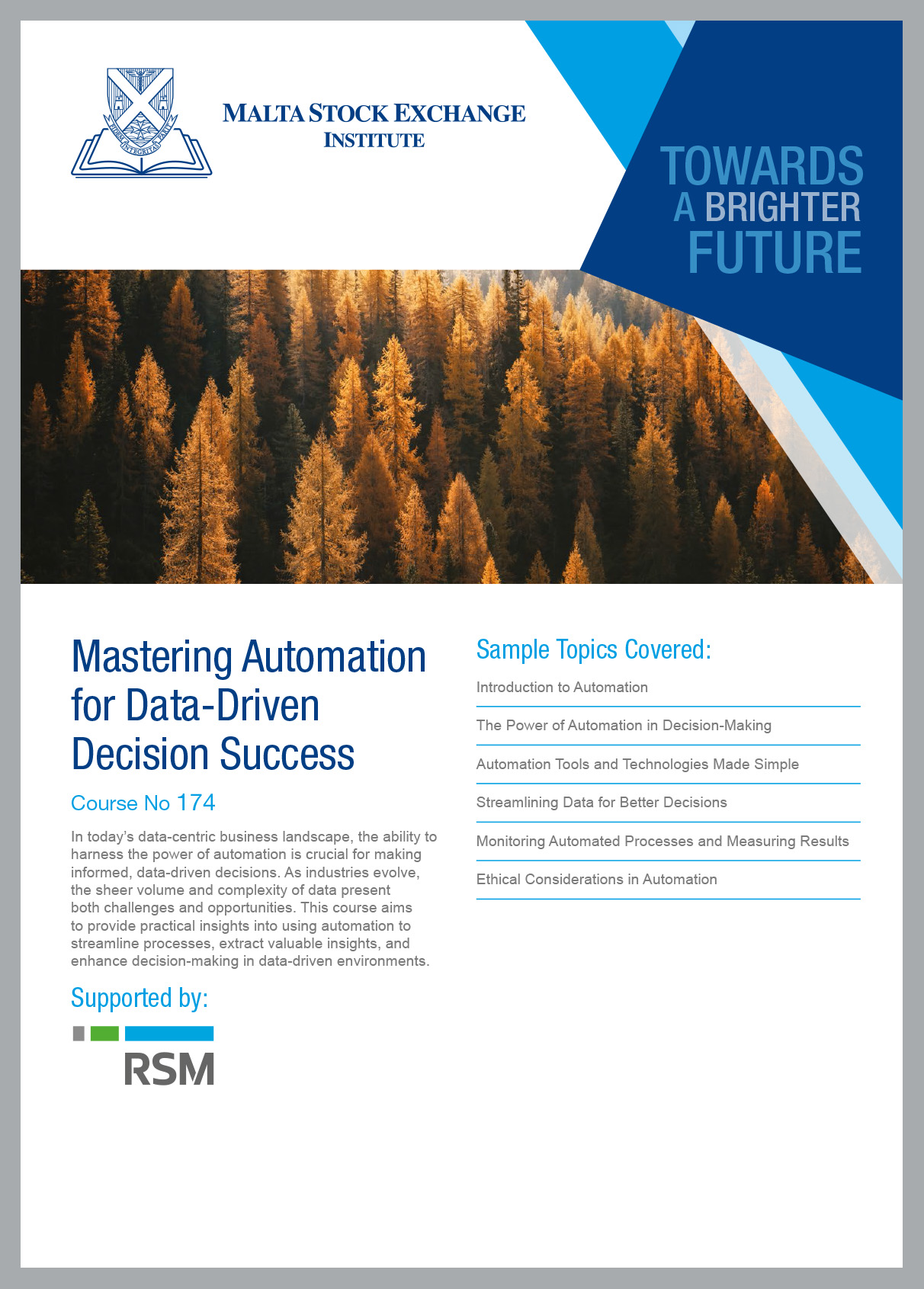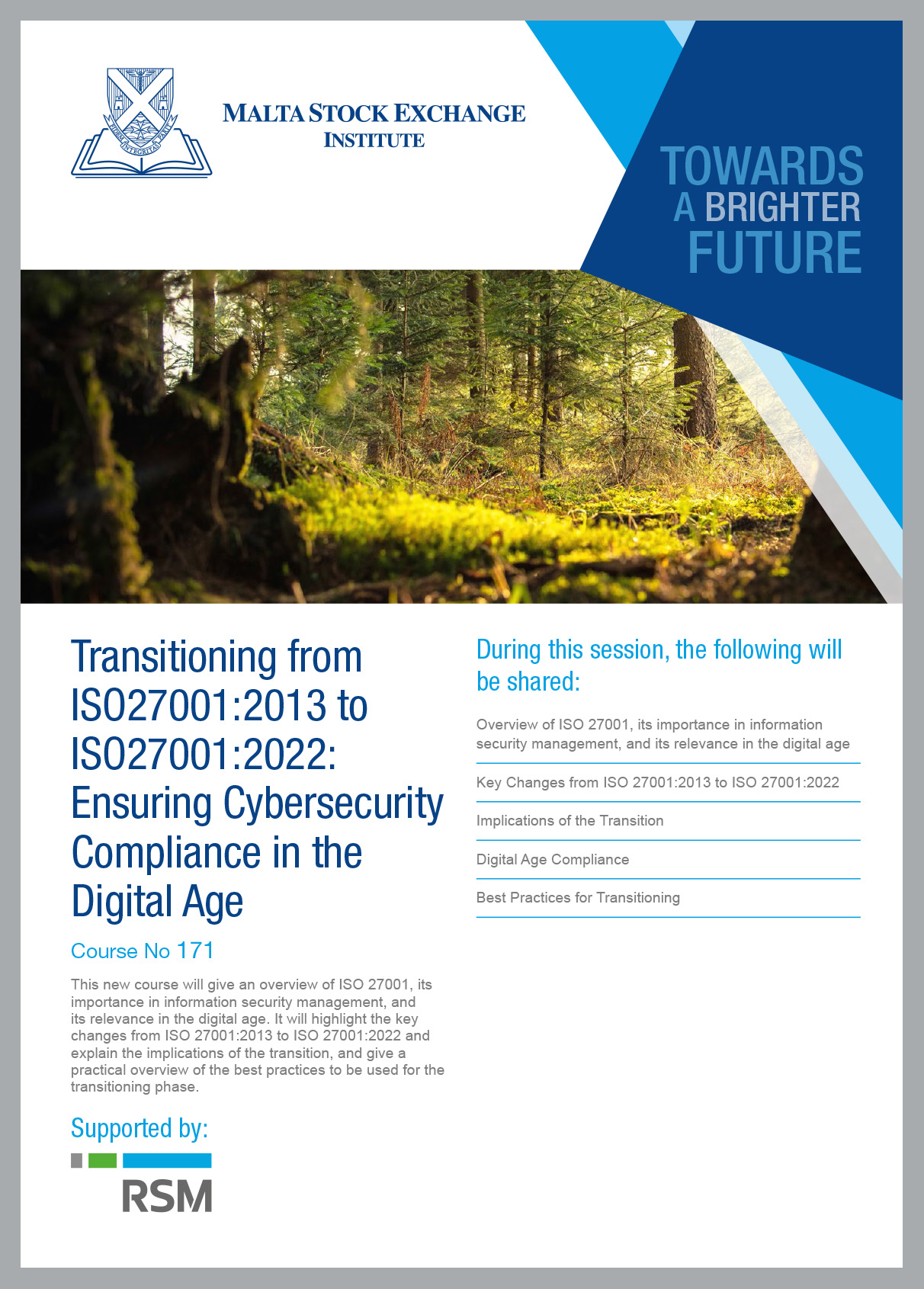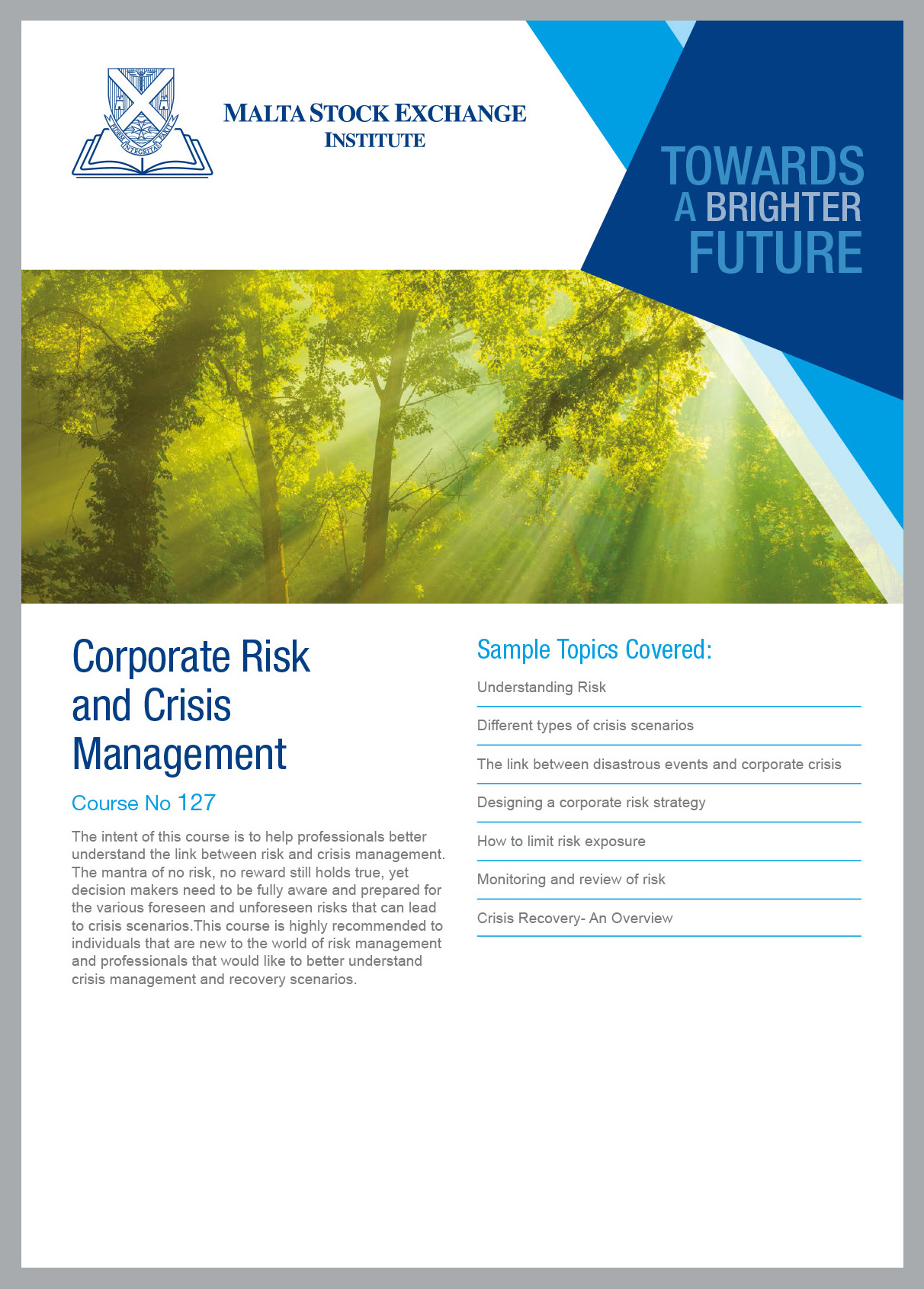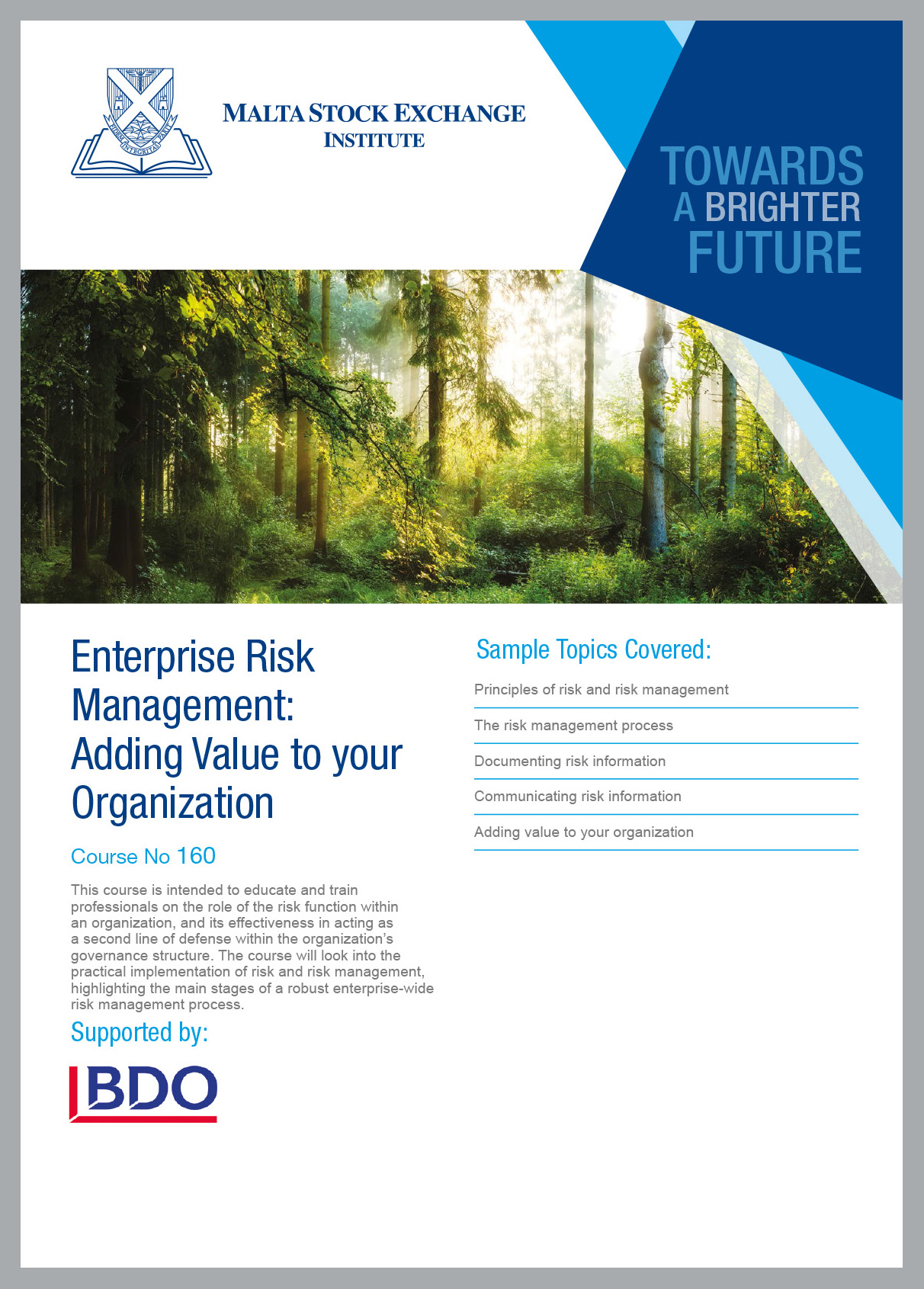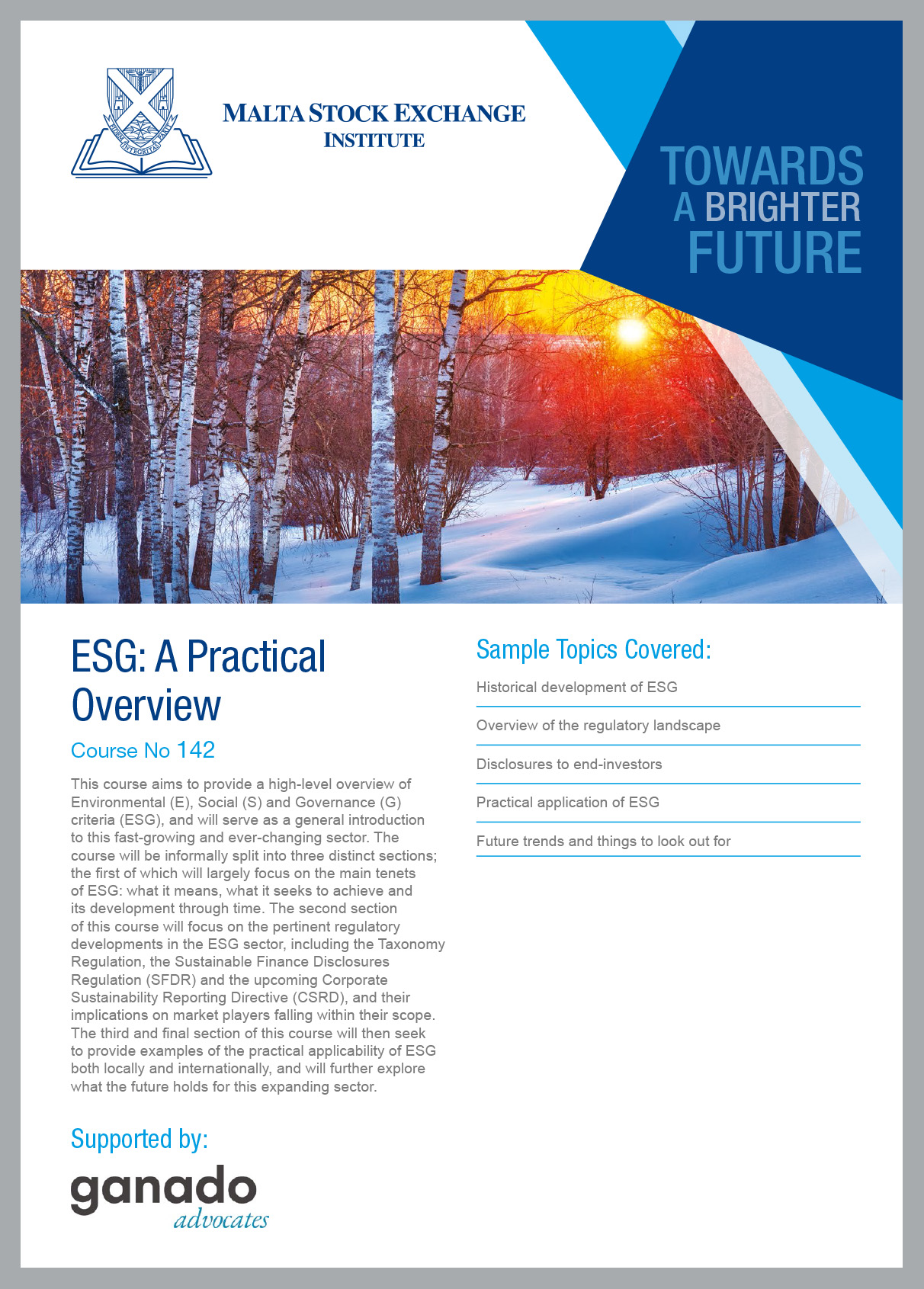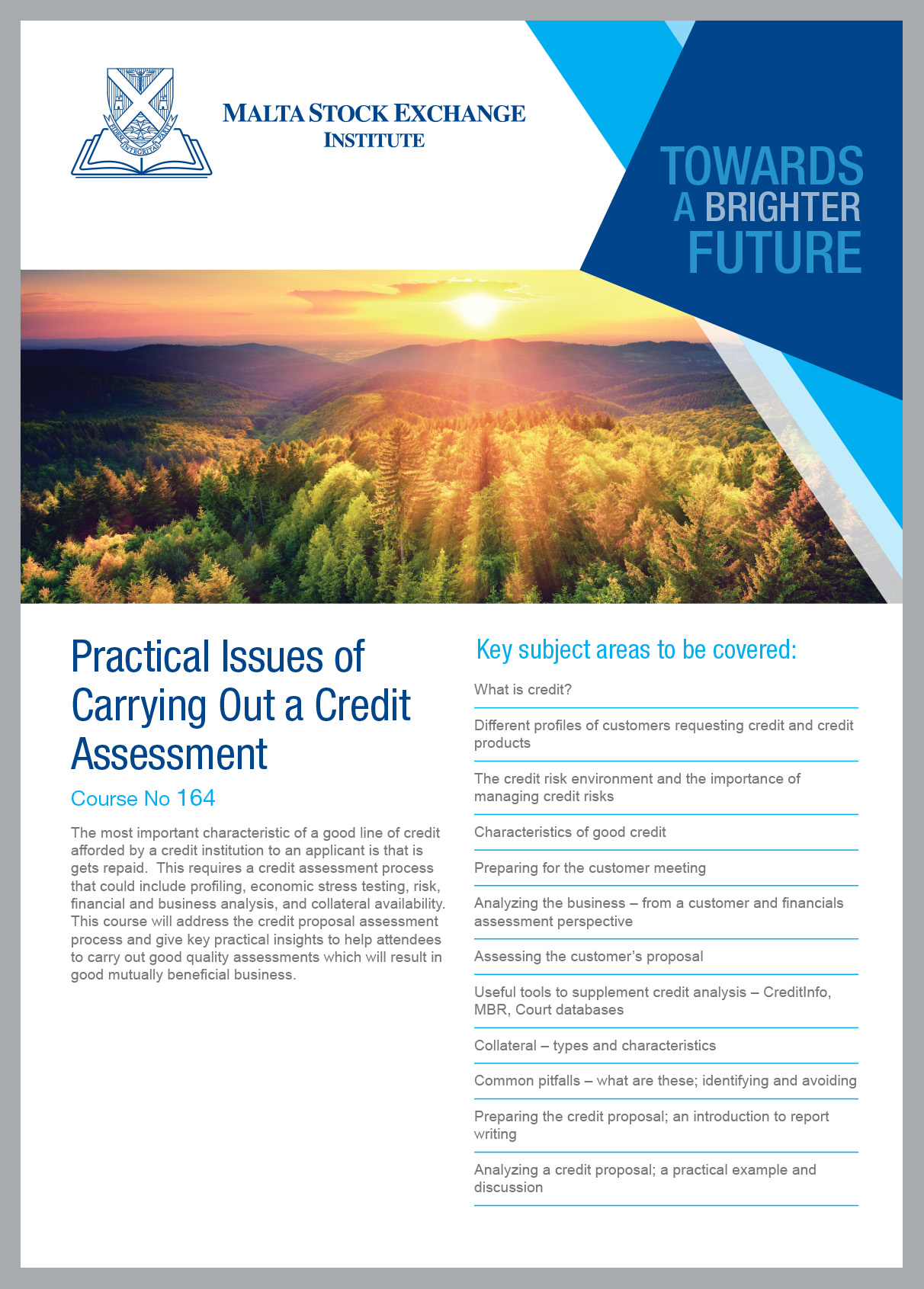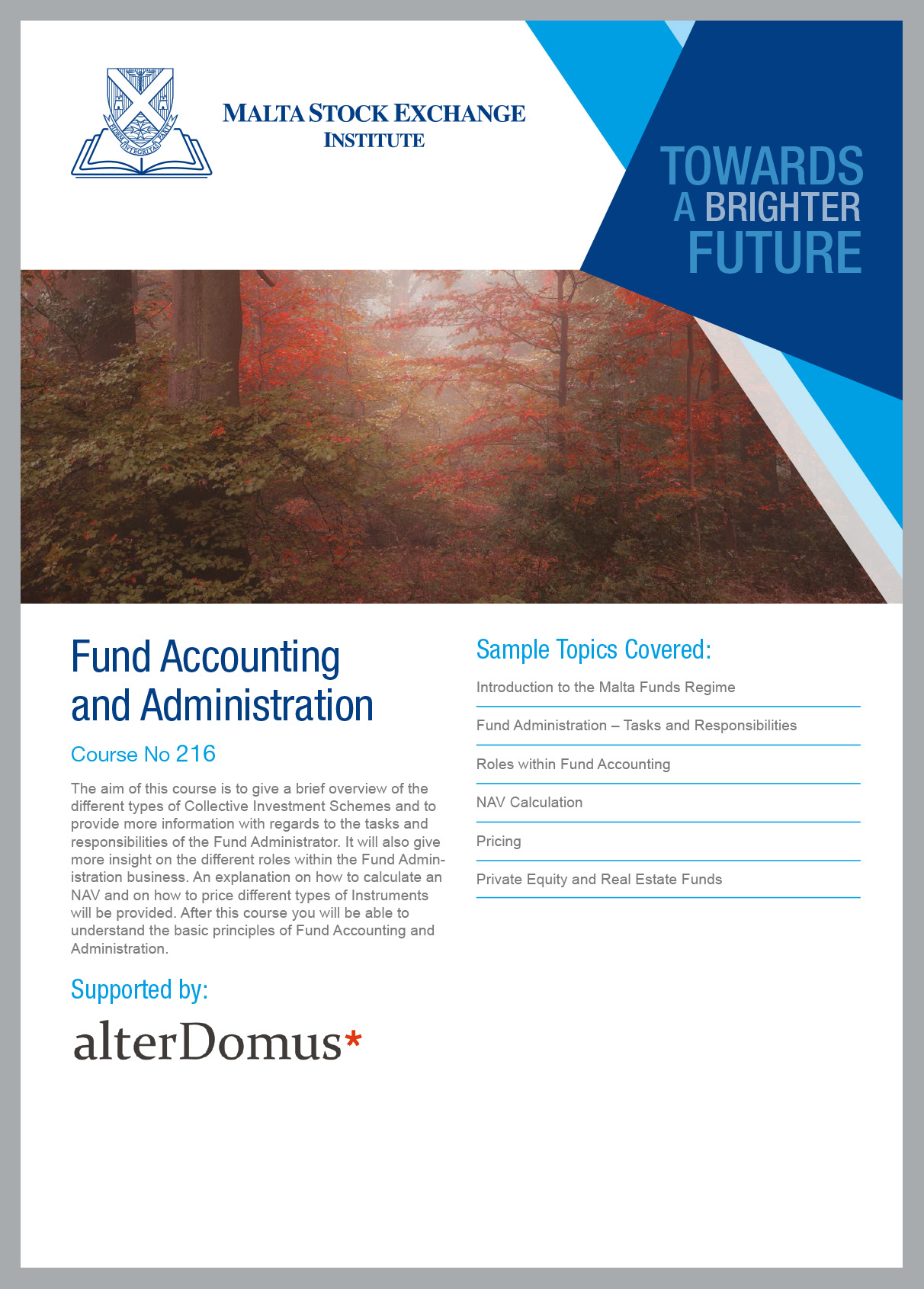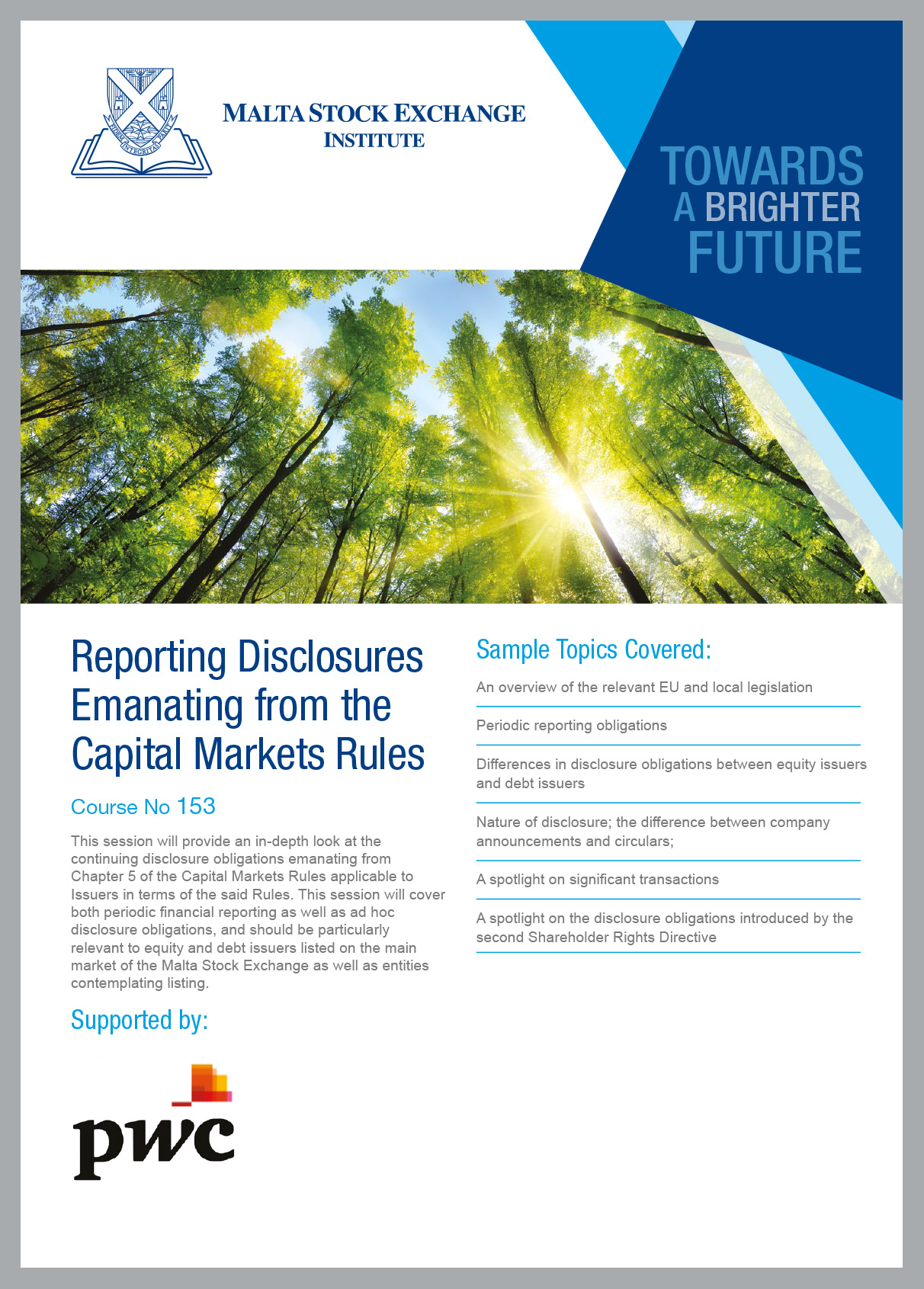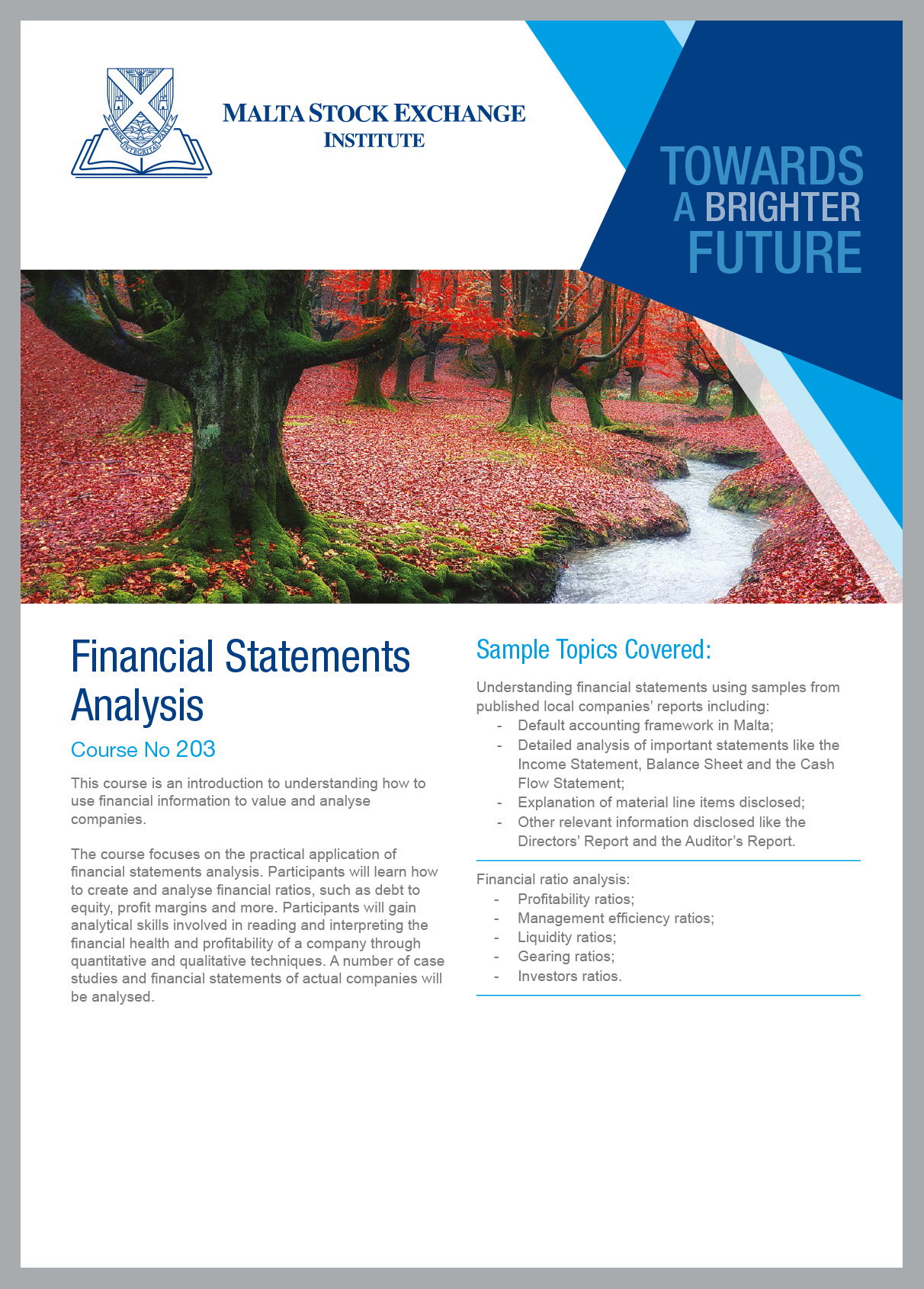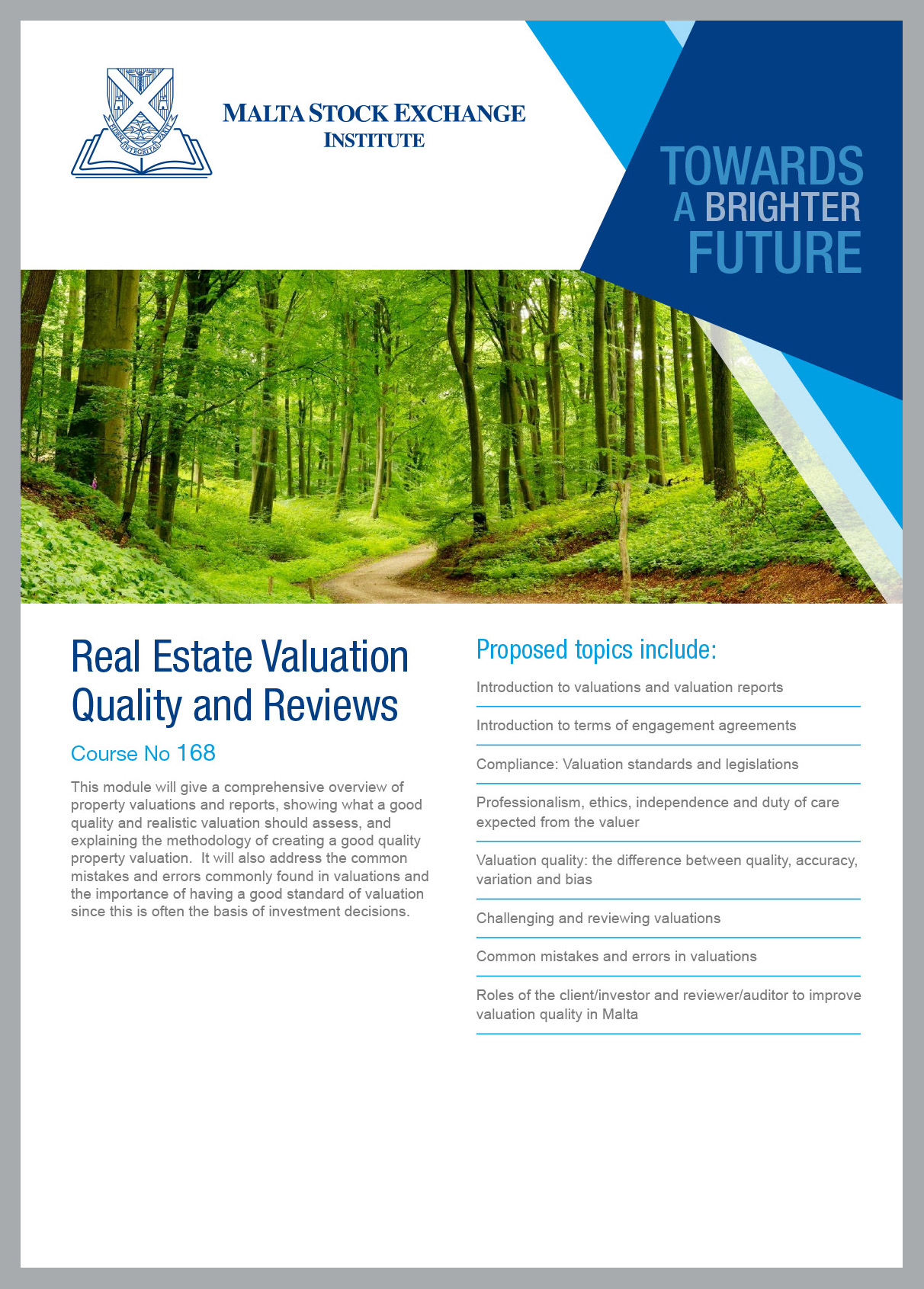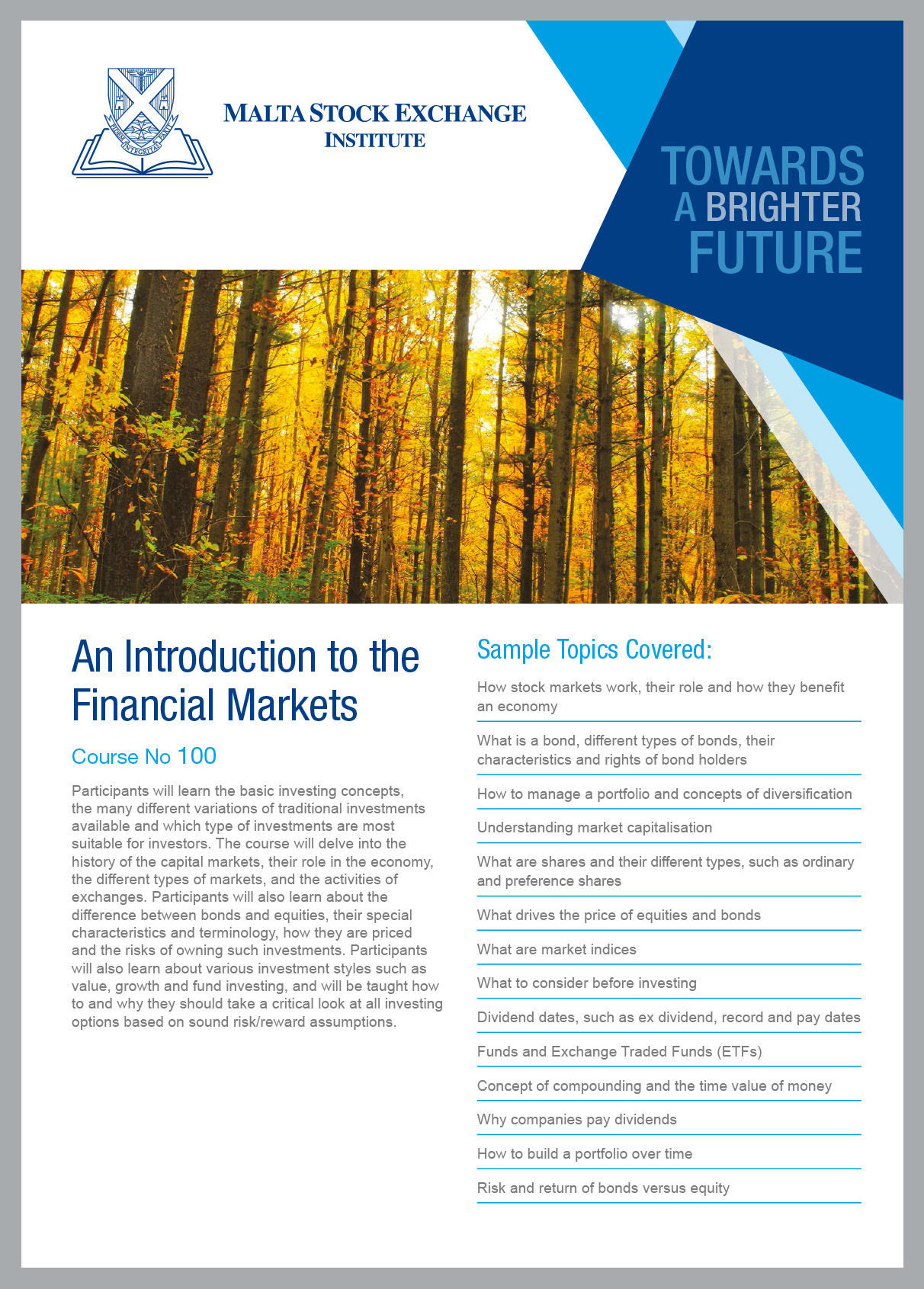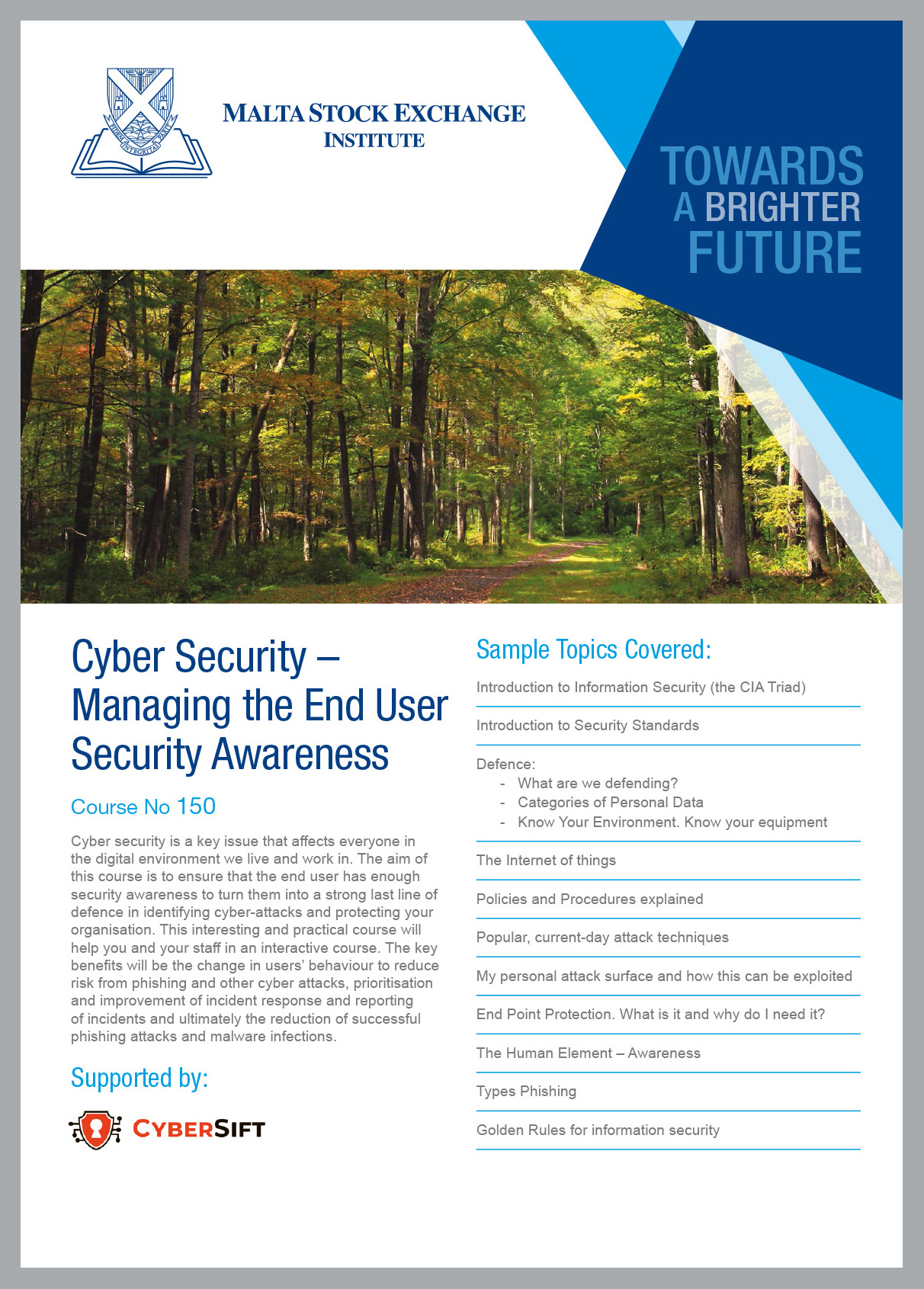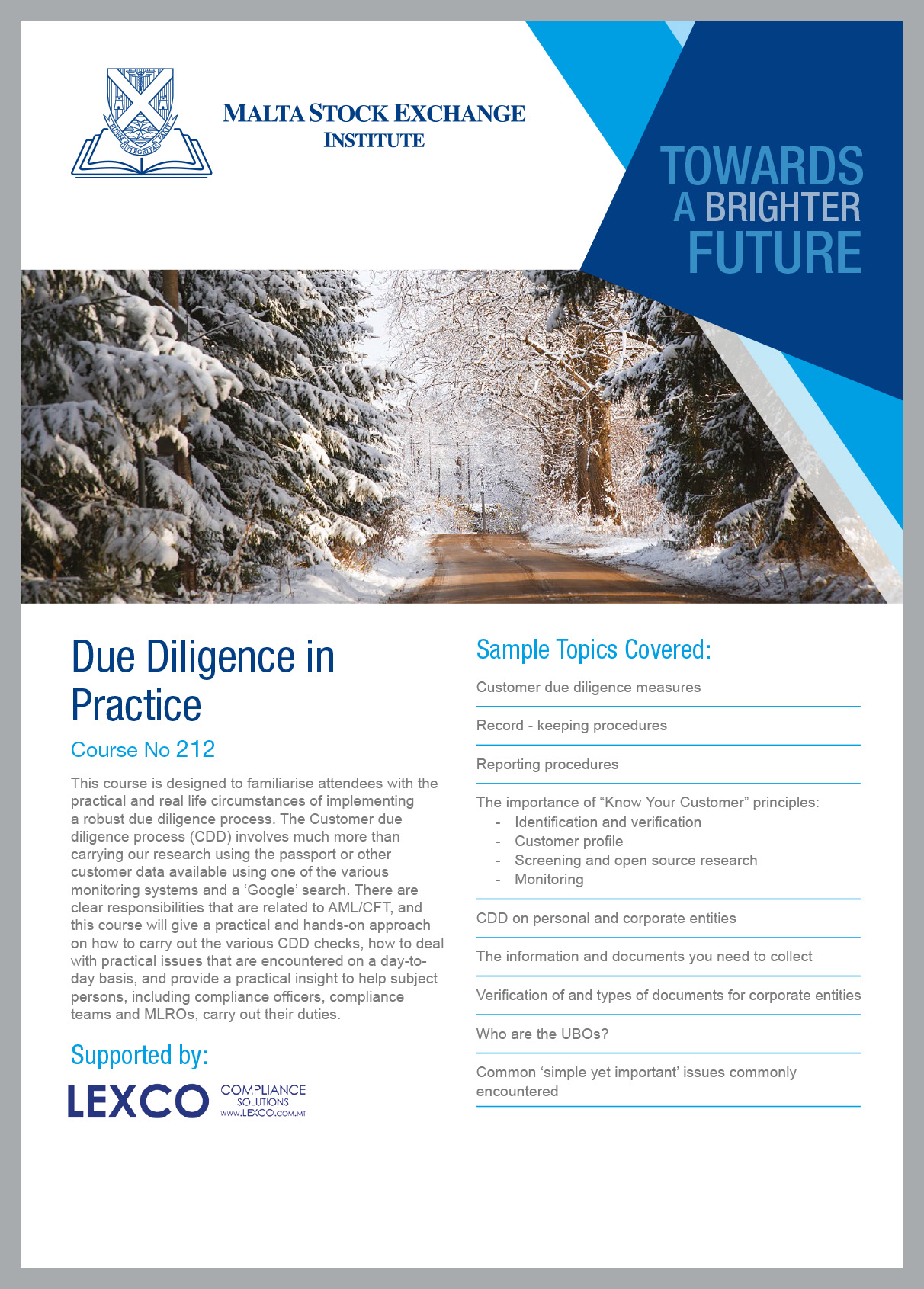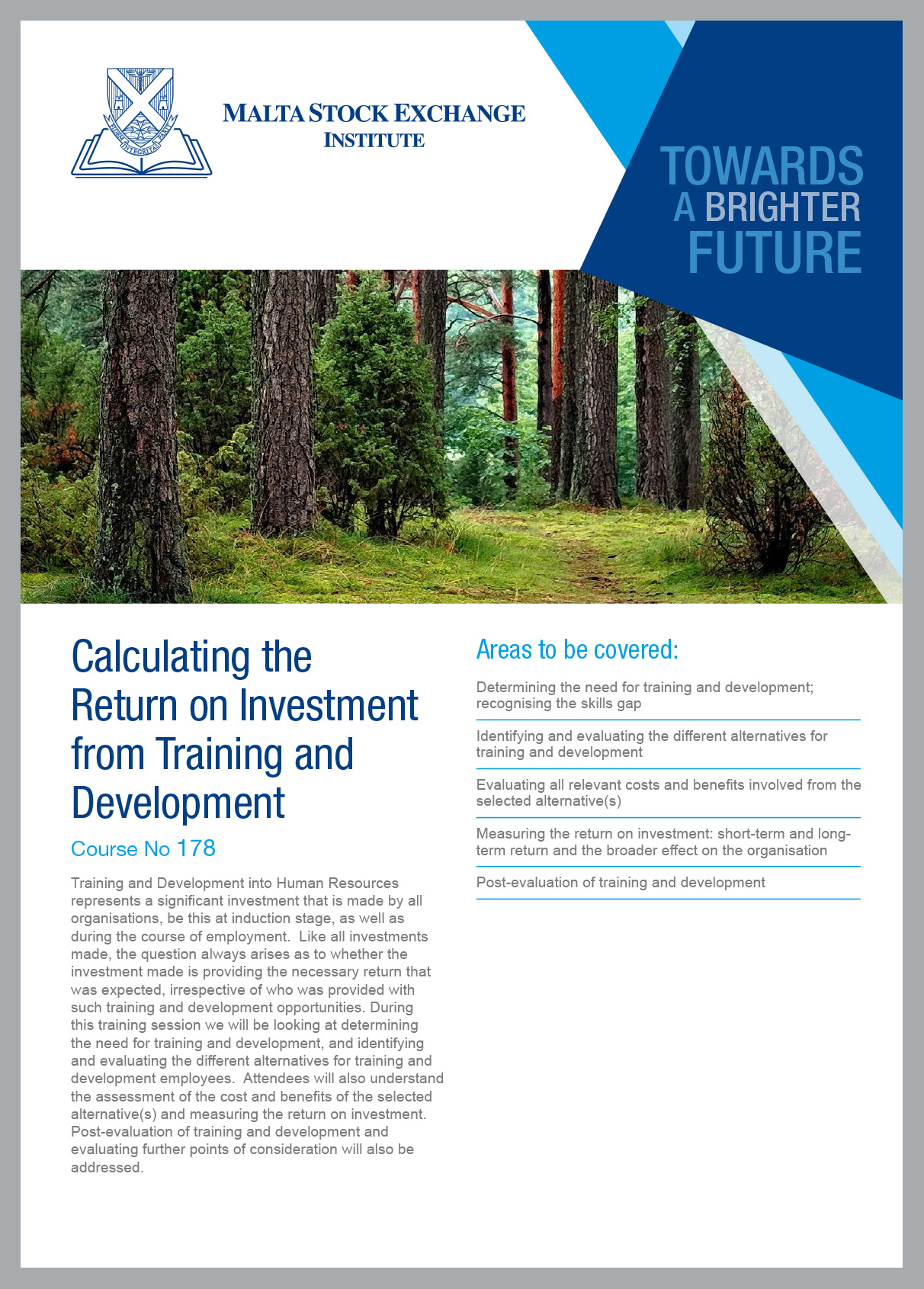
Course 178: Calculating the Return on Investment from Training and Development
Date:Training and Development into Human Resources Post-evaluation of training and development represents a significant investment that is made by all organisations, be this at induction stage, as well as during the course of employment. Like all investments made, the question always arises as to whether the investment made is providing the necessary return that was expected, irrespective of who was provided with such training and development opportunities. During this training session we will be looking at determining the need for training and development, and identifying and evaluating the different alternatives for training and development employees. Attendees will also understand the assessment of the cost and benefits of the selected alternative(s) and measuring the return on investment. Post-evaluation of training and development and evaluating further points of consideration will also be addressed.
